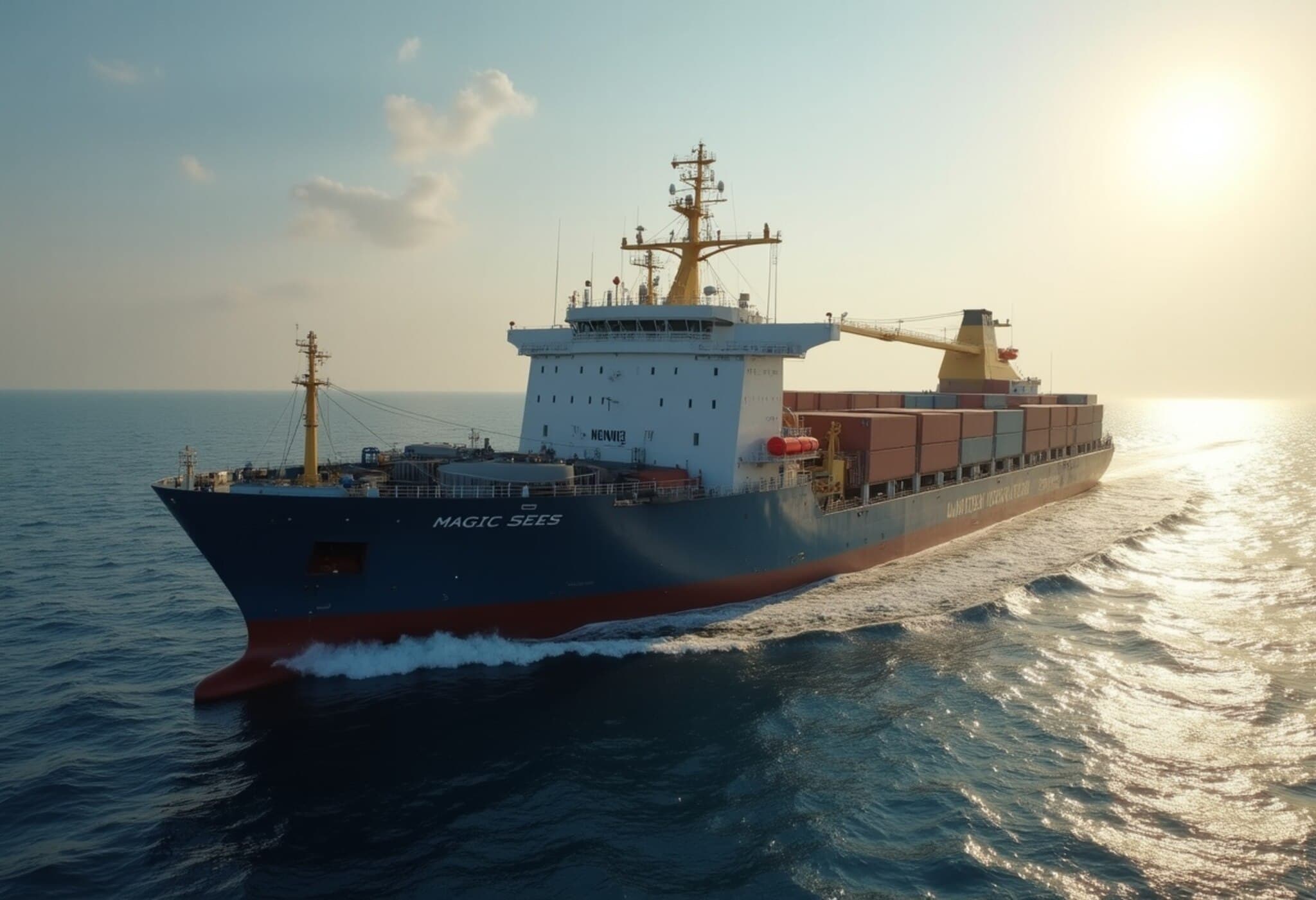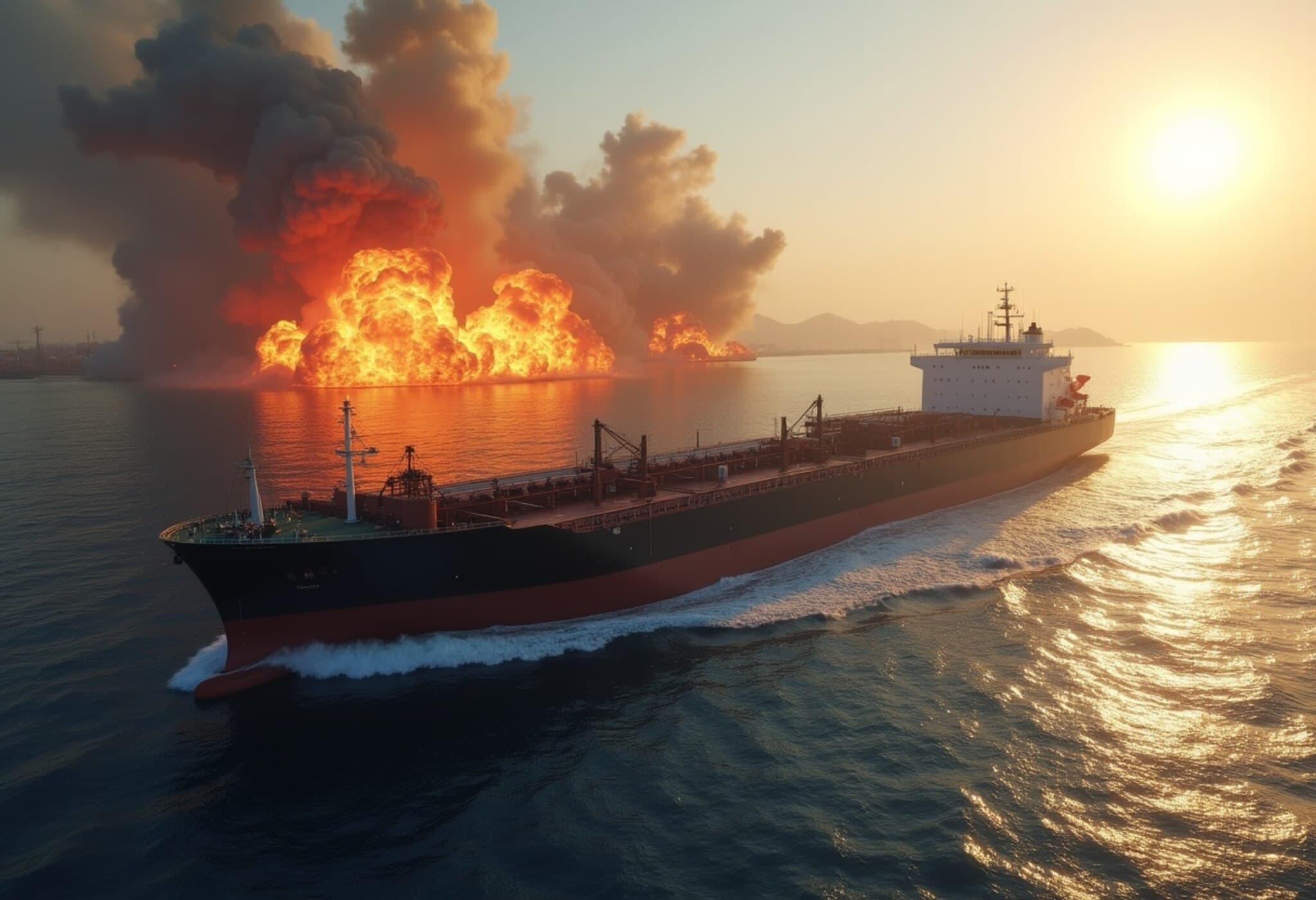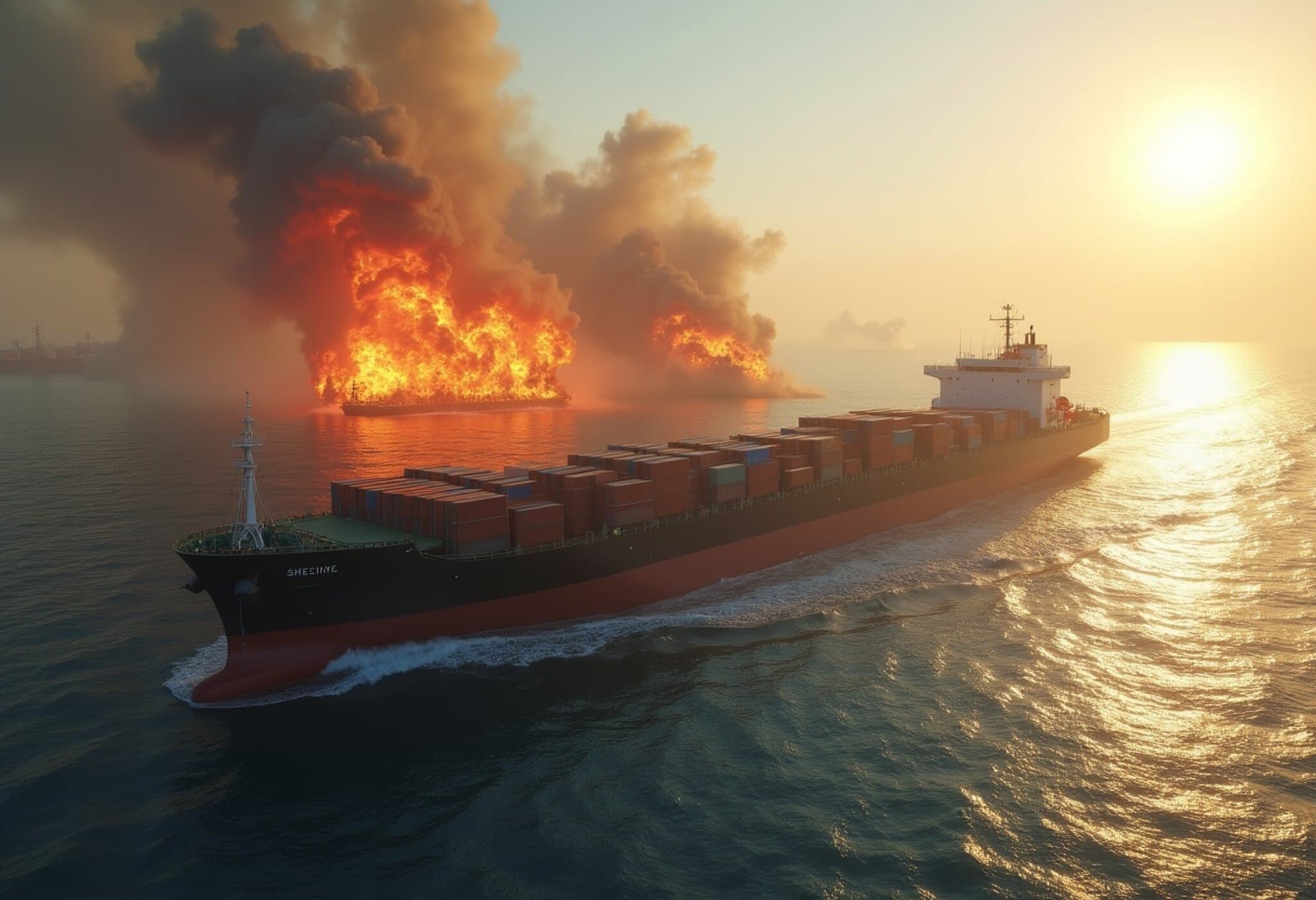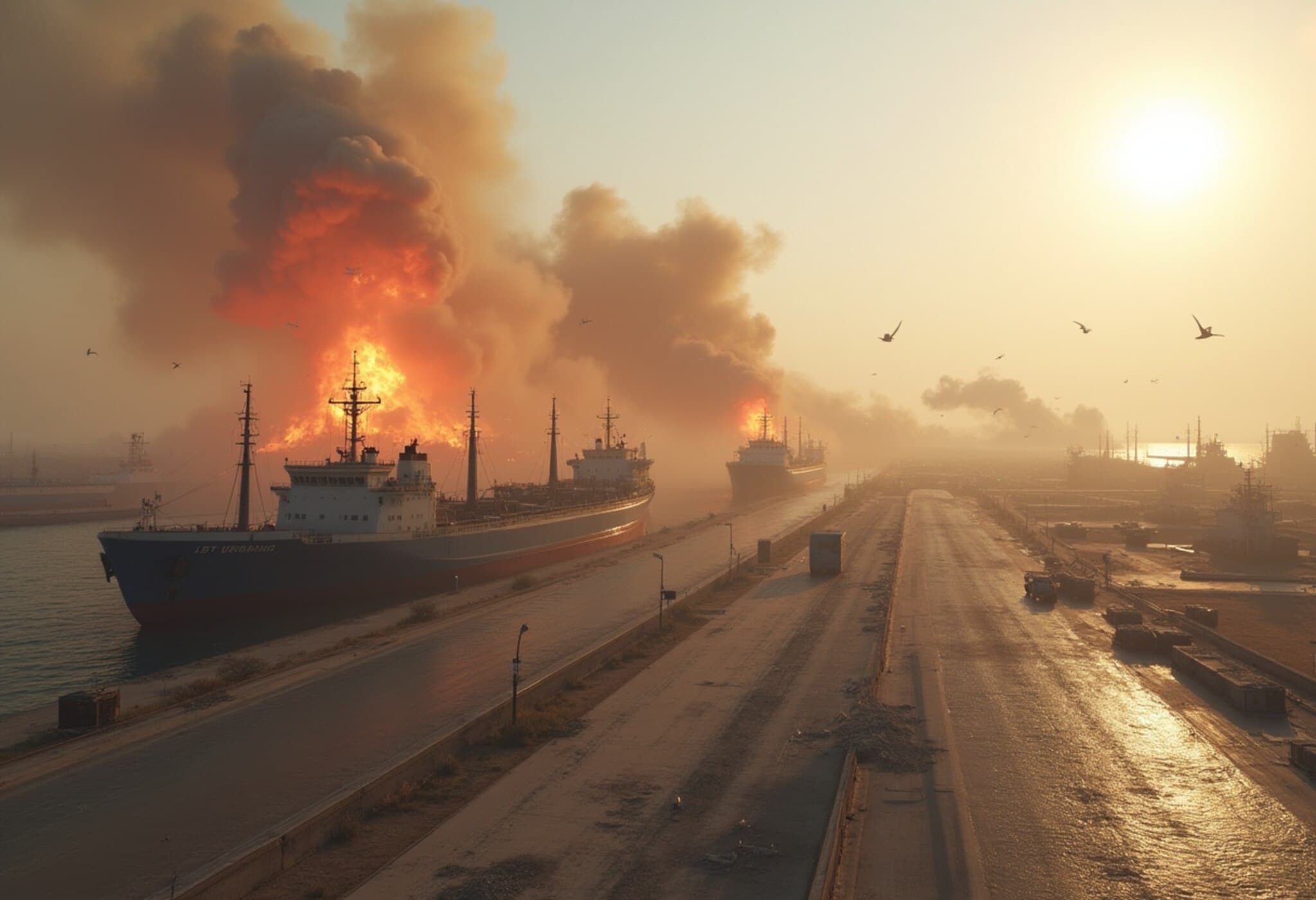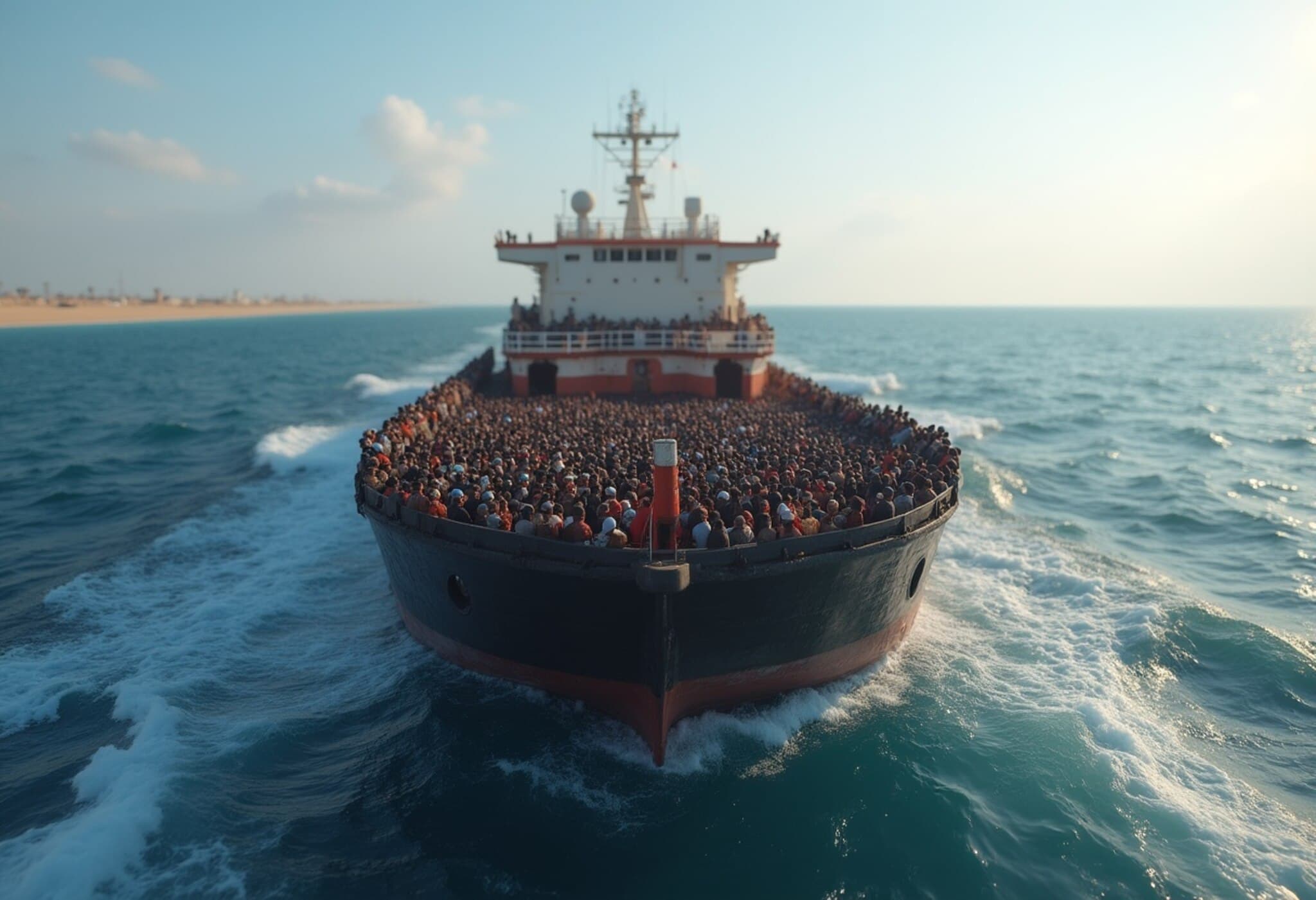Israel Launches Military Strikes on Houthis in Yemen’s Strategic Hodeidah Port
Israel has intensified its military campaign against Iran-backed Houthi rebels by carrying out a series of strikes on the Hodeidah port in Yemen. This move marks a significant escalation in a conflict that has regional implications, particularly as the Houthis continue to threaten maritime security and launch missile attacks targeting Israel.
Background: Houthis’ Growing Role in Regional Conflict
The Houthi movement, which controls large parts of Yemen including the crucial Red Sea port of Hodeidah, has aligned itself with Iran's regional ambitions. Since October 2023, after the outbreak of Israel's conflict with Hamas in Gaza, the Houthis have stepped up attacks on vessels traversing the Red Sea. They claim these actions express solidarity with the Palestinians, but the attacks pose grave risks to international shipping lanes and regional stability.
Strategic Significance of Hodeidah Port
Hodeidah port is not just a vital economic hub for Yemen; it has become a critical artery for transferring weapons supplied by Iran to the Houthis. According to the Israeli military, this port has been instrumental in funneling arms used in attacks against Israel and its allies. By targeting Hodeidah, Israel aims to disrupt this supply chain and weaken the Houthis’ operational capabilities.
Statements from Israeli Officials
Israel’s Defence Minister Israel Katz has issued a stern warning, emphasizing that “Yemen’s fate is the same as Tehran’s.” Katz reiterated that Israel is determined to counter what it describes as terrorist infrastructure enabling attacks against its state security. His remarks underscore Israel’s strategic linkage between Iran, Yemen's Houthis, and Palestinian militant groups.
Recent Incidents and International Reactions
- July 2025: The Houthis claimed responsibility for an attack on the Greek-owned vessel Eternity C, which tragically resulted in the deaths of four crew members.
- May 2025: The United States brokered an unexpected agreement with the Houthis to halt attacks on commercial shipping. However, the deal notably excluded any commitment to refrain from actions against Israel, indicating the complex and multifaceted nature of these negotiations.
Expert Insight: A Multi-Dimensional Security Challenge
From a geopolitical standpoint, Israel’s strikes on Hodeidah port reflect the wider struggle against Iran's expanding influence across the Middle East. Yemen, already devastated by civil war and humanitarian crises, has become a proxy battleground where regional powers test their reach.
For American policymakers, these developments pose difficult questions. The U.S. seeks to stabilize vital maritime routes while managing its alliances with both Israel and Gulf states, without deepening the humanitarian catastrophe in Yemen.
Moreover, the intensification of hostilities puts global shipping industries on alert, as the Red Sea remains a vital corridor for international trade, including energy exports.
What Lies Ahead?
As Israel vows to "pay a heavy price" stance against Houthi missile launches, the risk of broader confrontation looms. Observers must consider whether these cycles of retaliation might draw in multiple regional actors, further destabilizing an already fragile Middle East landscape.
Editor’s Note
The latest Israeli strikes on Yemen’s Hodeidah port illuminate a critical yet often overlooked front in the Iran-Israel proxy rivalry. Beyond the headlines lies a complex geopolitical puzzle involving humanitarian concerns, maritime security, and international diplomacy. Readers should watch for how this conflict influences regional alignments and global trade routes, raising pressing questions about the long-term prospects for peace in both Yemen and the broader Middle East.










